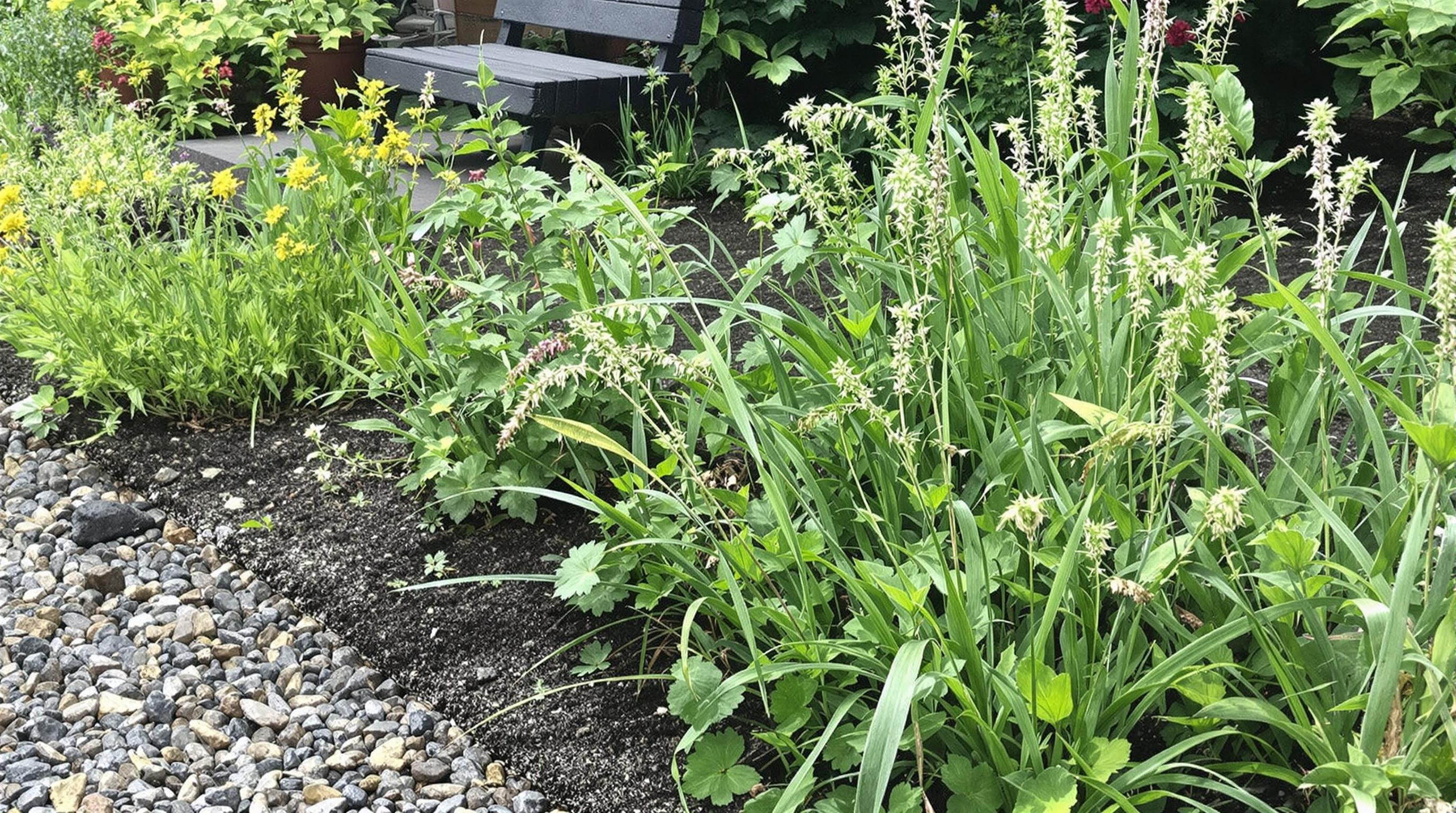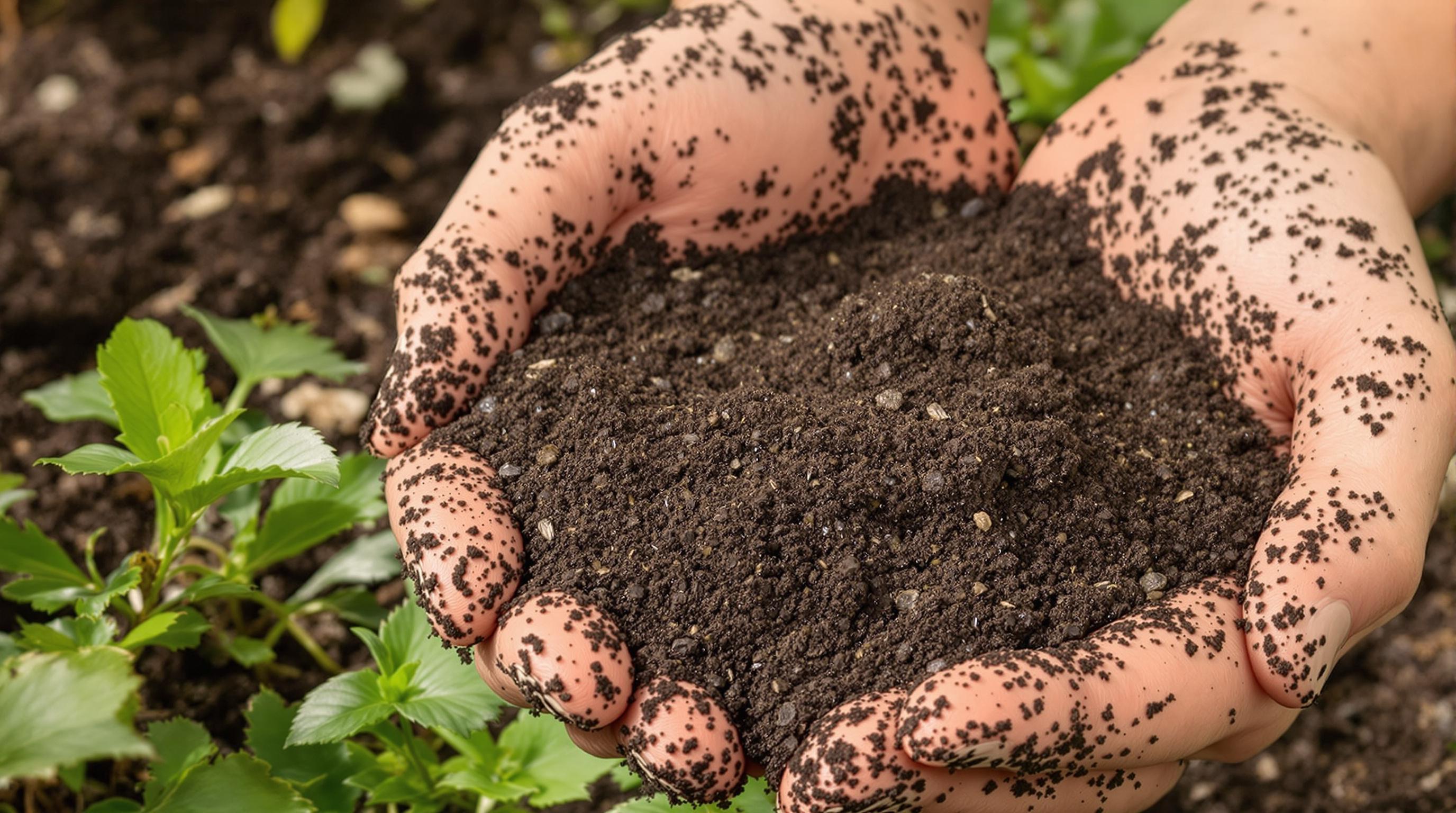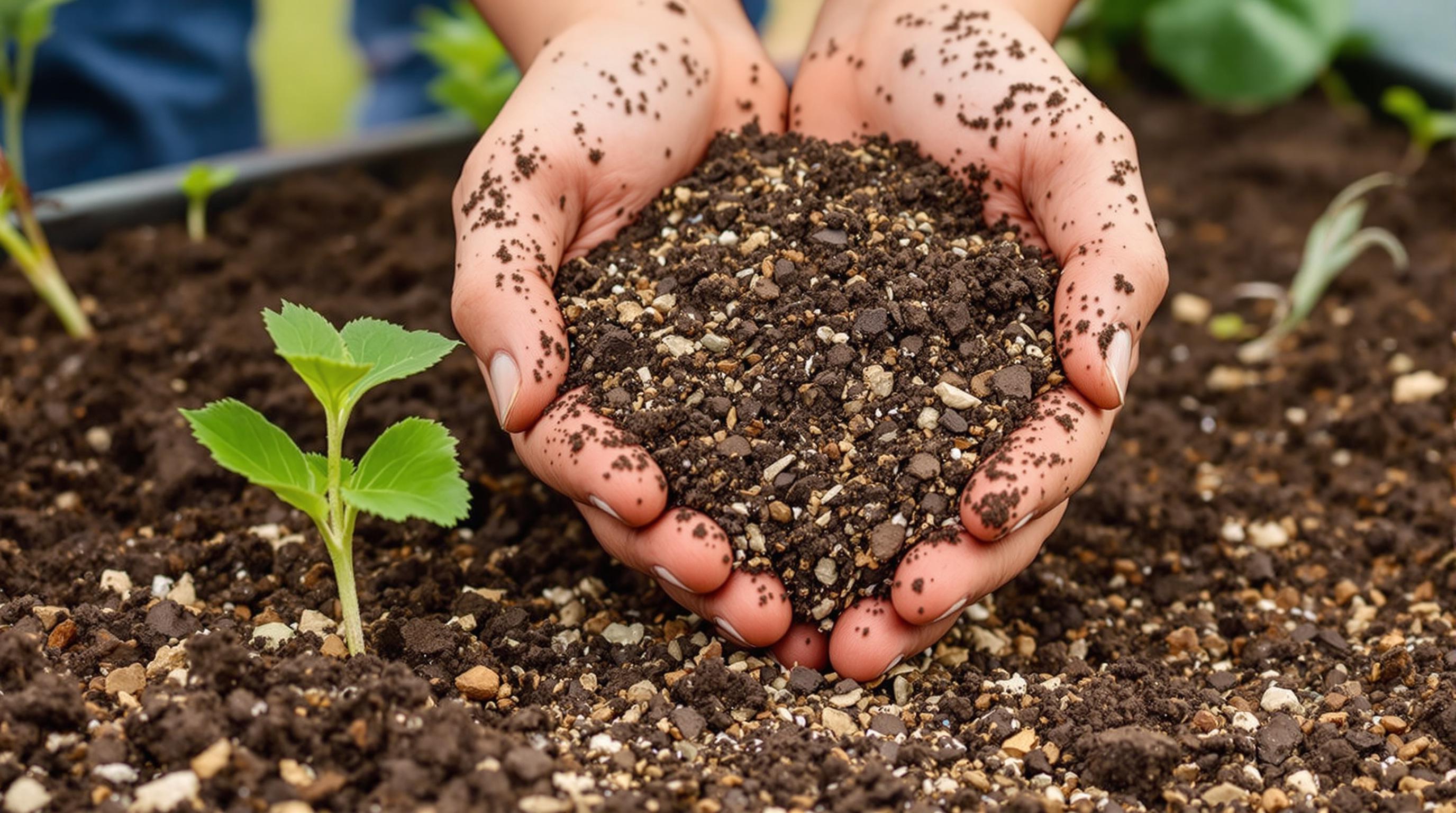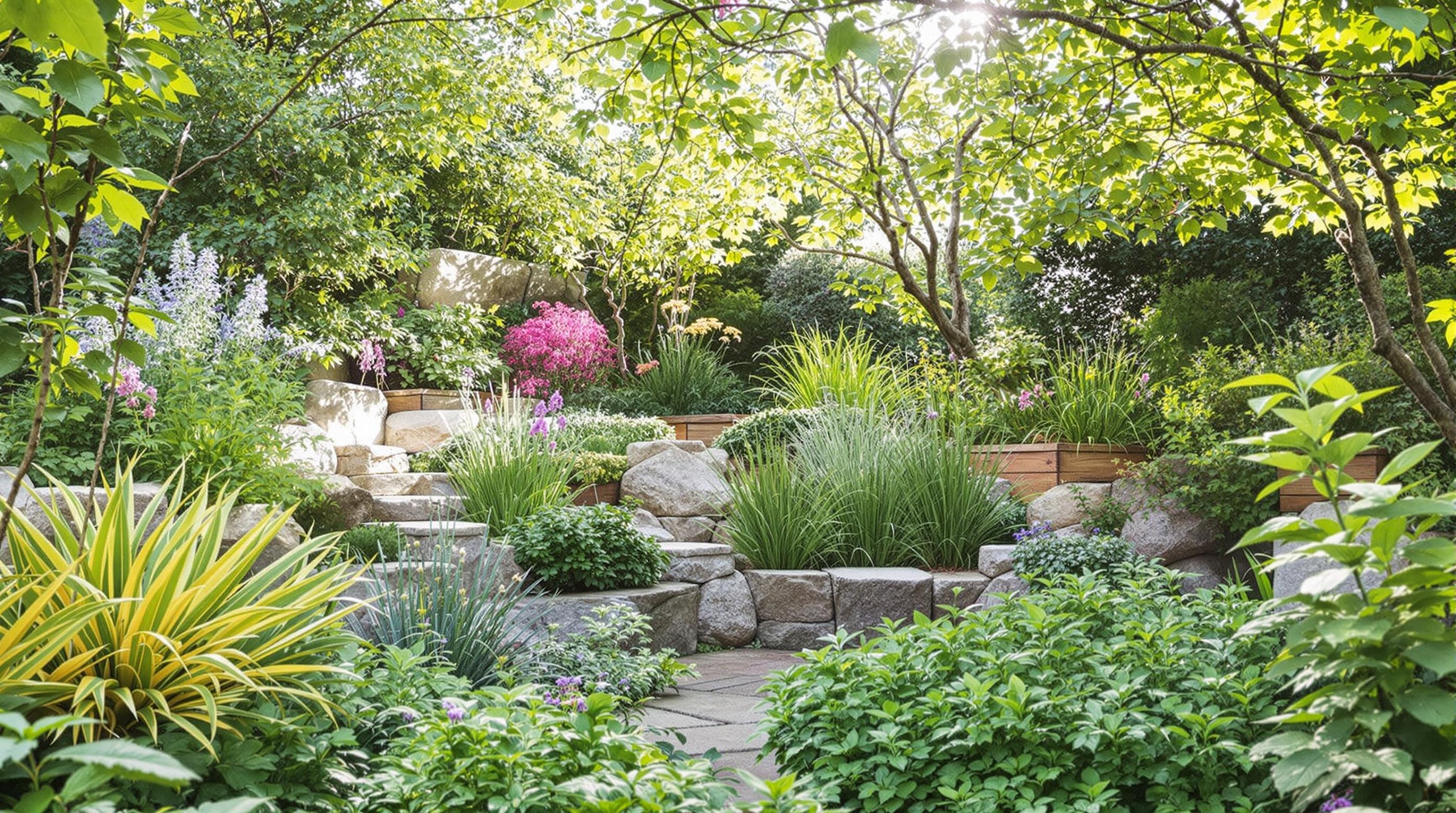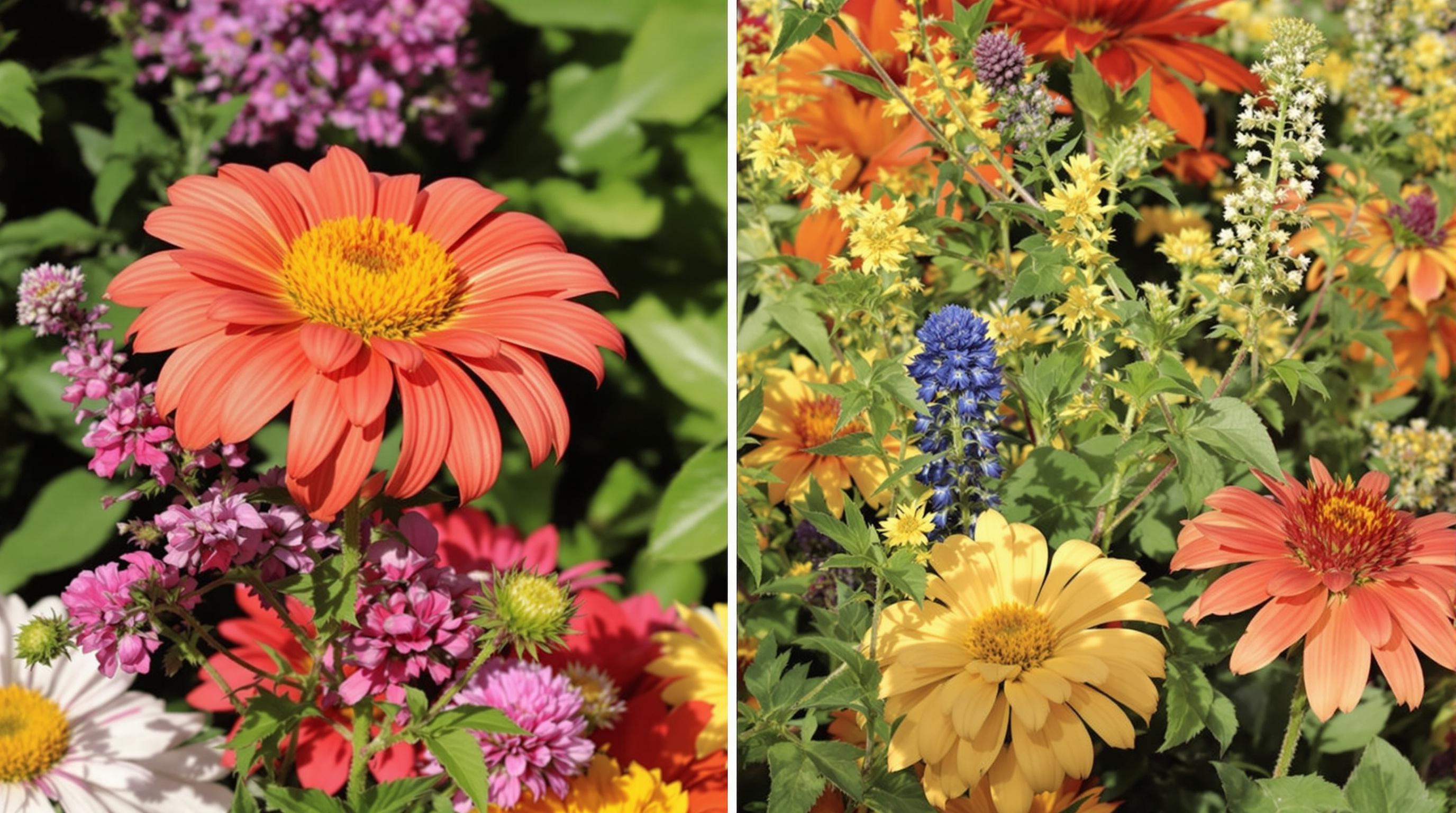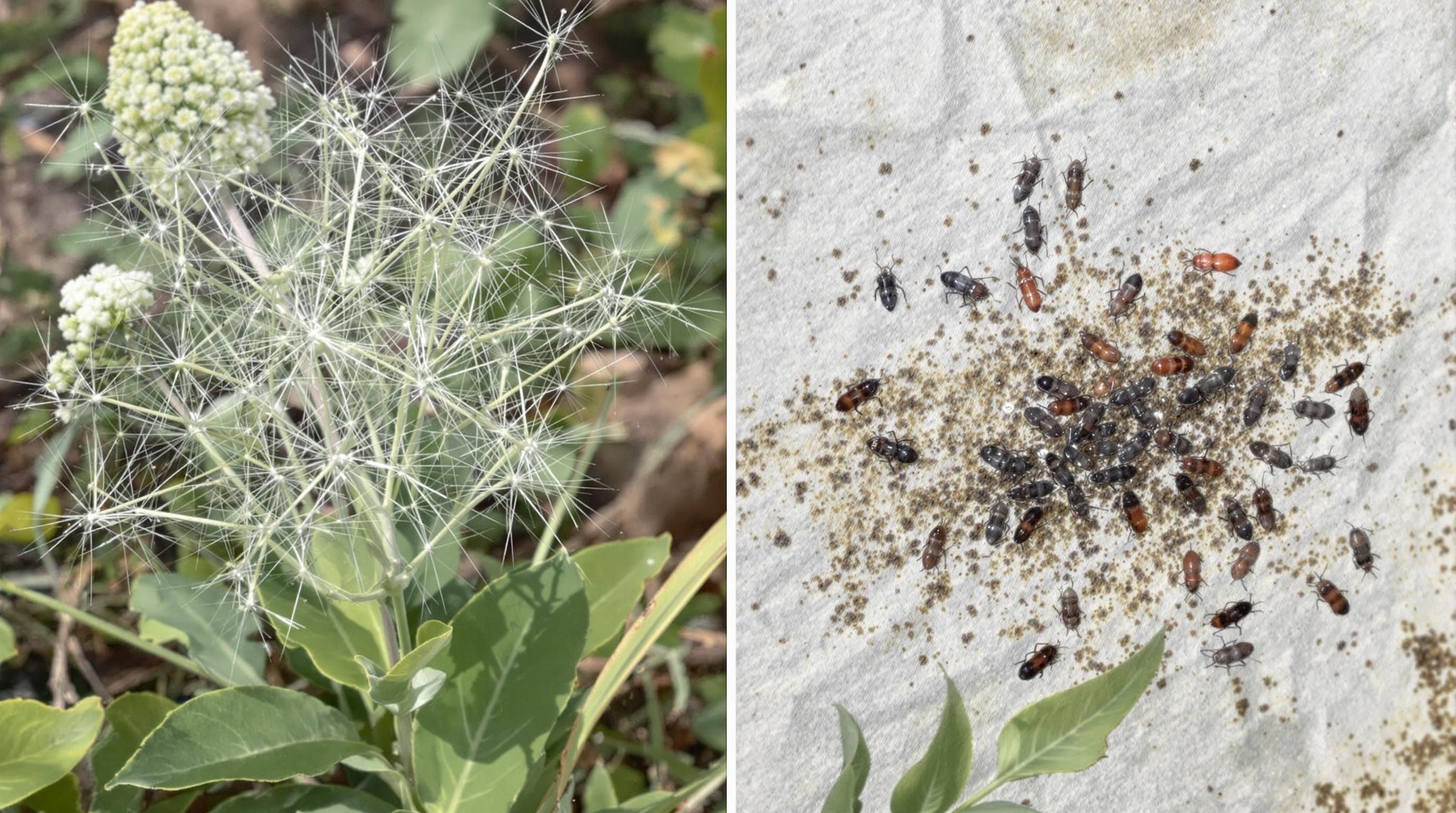Related Articles
- The Hidden Influence of Ergonomics: How Tool Design Shapes Our Physical Spaces and Daily Lives
- The Silent Influence: How Hidden Home Implements Shape Our Daily Routines and Spaces
- The Counterintuitive Role of Chaos: How Messy Tool Storage Can Lead to Unexpected Home Innovations
- Exploring the Unseen: How Audio Experiences Shape the Art of Domestic Spaces and Color Perception
- Rethinking the Mundane: How Everyday Objects are Becoming the Canvas for Modern Artistic Expression in Home Spaces
- Cultivating Chaos: The Surprising Benefits of Embracing Weeds in Your Garden Ecosystem
Cultivating Chaos: The Surprising Benefits of Embracing Weeds in Your Garden Ecosystem
Cultivating Chaos: The Surprising Benefits of Embracing Weeds in Your Garden Ecosystem
Embracing weeds in your garden may seem counterintuitive, but their presence can lead to a healthier ecosystem. This article explores the surprising benefits of weeds, advocating for a more harmonious relationship with these misunderstood plants.
Weeds: More Than Just an Eyesore
Many gardeners view weeds as undesirable intruders, an unsightly blemish on their cultivated landscapes. However, what if I told you that these so-called nuisances could actually serve crucial roles in your garden ecosystem? As a young gardener at 22 with years of experience experimenting with various gardening methods, I've discovered that weeds can enhance soil quality, attract beneficial insects, and contribute to the overall health of your garden.
The Unsung Heroes of Soil Health
Weeds can improve soil quality in surprising ways. For instance, deep-rooted weeds such as dandelions and dock can break up compacted soil, enhancing aeration and drainage. A study published in the *Journal of the American Society of Agronomy* showed that soil with diverse weed populations had up to a 20% increase in biomass production compared to weed-free soils (Smith et al., 2020). Additionally, these roots can bring nutrients from deep within the soil to the surface, making them more accessible to your cultivated plants.
Weeds as Biodiversity Boosters
For ages, weeds have been dismissed as mere pests without considering their contribution to biodiversity. They offer food and shelter for various beneficial species, including pollinators and predatory insects, which help control pest populations in your garden. When you embrace weeds, you create a mini-ecosystem teeming with life. A garden rich in biodiversity is not only more resilient but also less reliant on chemical inputs.
Case Study: The Community Garden Experiment
Consider a community garden in Portland, Oregon, where the local gardening group decided to adopt a "wild" approach, allowing native weeds to flourish alongside the intended vegetables. Initial skepticism gave way to astonishment when they noticed that the yields of cucumbers and tomatoes increased by 30% in the presence of dandelions and clover. The weeds attracted pollinators and reduced pest activity, offering tangible proof of the advantages of a more relaxed gardening philosophy.
Multi-Functionality of Weeds
Furthermore, weeds can serve multiple purposes. For example, chickweed, often considered a pesky invader, can be used in salads, offering vitamin C and other nutrients. Purslane, another common weed, is packed with omega-3 fatty acids and has gained popularity for its health benefits. By recognizing weeds as nutrient-dense additions to your diet, we can redefine our interactions with them.
Combatting the Weeds: A New Perspective
Despite the benefits, it's understandable why many gardeners remain adamant about controlling weeds. It's crucial to strike a balance between cultivating desirable plants while allowing beneficial weeds to thrive. One approach is to develop a "weed management checklist" that helps differentiate between harmful and beneficial species. By identifying which weeds to keep and which to remove, you can foster a productive garden ecosystem while still maintaining aesthetic appeal.
Statistics on Weeds and Their Benefits
A compelling statistic from the *American Journal of Botany* reveals that gardens with a weed cover of at least 30% have 50% fewer pests than those without weeds (Jones, 2018). This statistic underscores the significance of allowing weeds to coexist, creating a natural pest management system. Weeds can act as trap crops, drawing pests away from your valuable vegetables and fruits.
Embracing Imperfection: The Zen of Gardening
In a world obsessed with perfection, embracing the chaos that comes with gardening can be liberating. When I first started my garden, I was meticulous about keeping every weed at bay. But as I spent more time digging my hands into the earth, I came to appreciate the beauty of wildness. Gardening is not just about control; it's about connection—connecting with nature, understanding its cycles, and respecting all its inhabitants, even the weeds.
Creating a Weedy Habitat
As you transition into a weeds-friendly mindset, consider making adjustments to your garden layout. Allowing patches of weeds to grow in designated areas can create habitats for beneficial insects. Long grass and wildflowers can coexist with your vegetable plants, offering a haven for pollinators and other natural allies. Create zones where your garden can thrive without the high levels of maintenance often required in traditional landscapes.
The Humor in Weeding
Let’s face it, sometimes it helps to laugh amidst the chaos. Picture this: you’re trying to pull out that stubborn, sprawling crabgrass, and you think you’ve got it—only to find a gigantic root ball, defying your efforts like a stubborn toddler refusing to leave the playground. That’s nature reminding you who’s really in charge! If we can learn to chuckle at our weedy foes, it might just lighten our gardening load.
Mindful Approaches to Weeding
Transitioning to a more mindful approach to weeding can also enrich your gardening experience. Instead of engaging in frenzied weed-pulling sessions, try to observe and identify the different plants in your growth landscape. This not only enhances your connection to your garden but also may result in the discovery of edible or medicinal plants that you didn’t previously know about.
Growing with Weeds: A Final Thought
In conclusion, cultivating chaos by embracing weeds offers numerous benefits that can revolutionize your gardening approach. These underappreciated plants are firmly anchored in the ecosystem, providing enhancements to soil health, attracting beneficial insects, and even supplying nutritional value. So the next time you head into your garden, consider letting a few weeds take root; you might just harvest a wealth of benefits along with your favorite vegetables.
The more you engage with and appreciate the role of weeds, the more effective your gardening can become. Happy gardening, and may your weeds thrive alongside your cherished plants!
